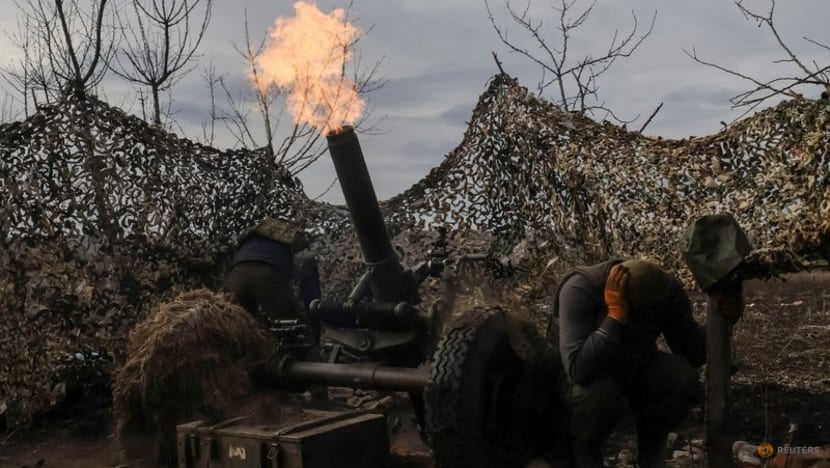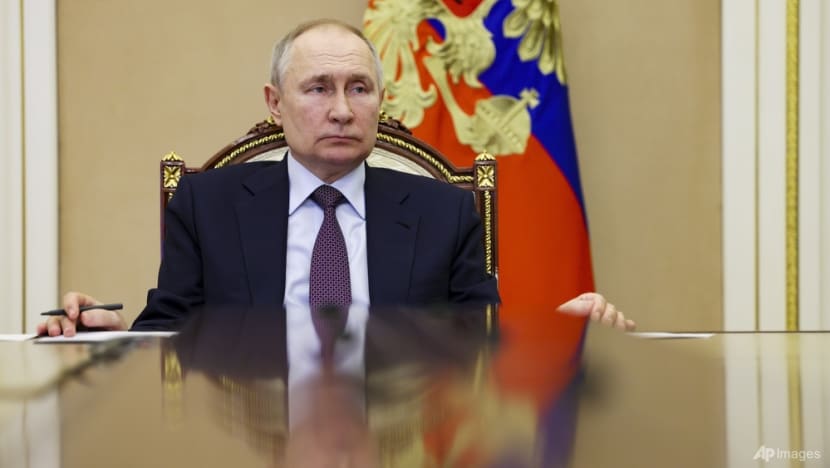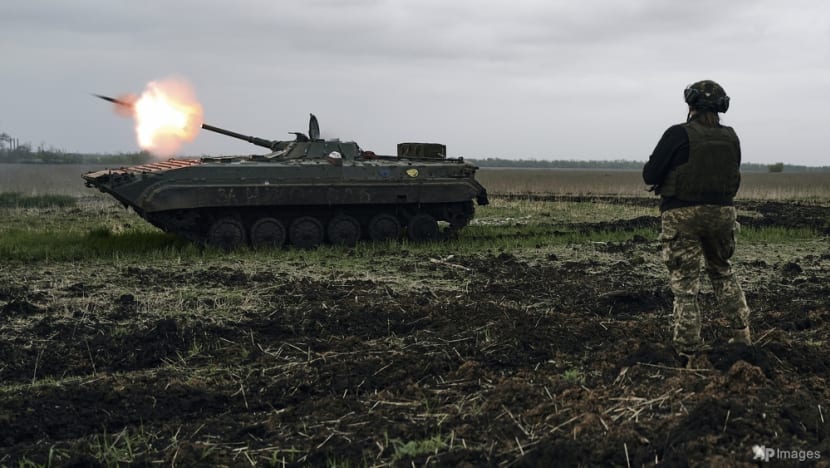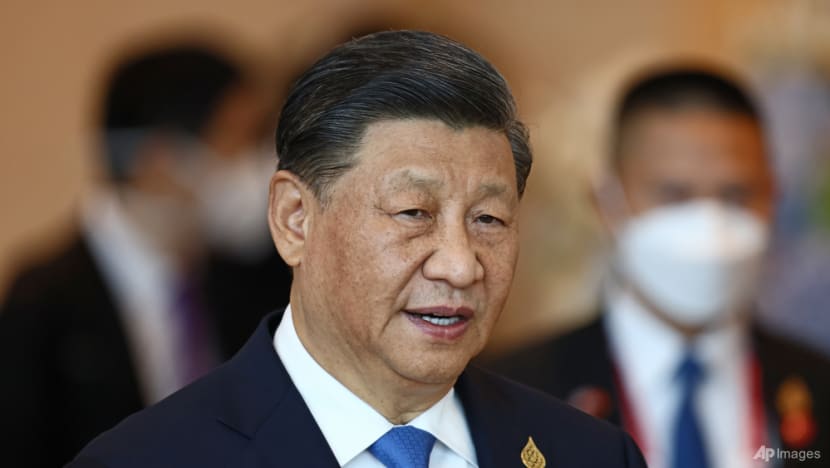With no ‘appetite to go to the negotiation table’, no end in sight for Ukraine war: NATO’s top military officer
The timing of an expected spring offensive by Ukraine will depend on factors such as the level of training of its forces, whether it has enough supplies and equipment, and the weather, said Admiral Rob Bauer, chair of NATO’s Military Committee.

SINGAPORE: There remains no end in sight to the war in Ukraine, with neither Russia nor Ukraine willing to go to the negotiation table, said the top military officer in the North Atlantic Treaty Organization (NATO).
The Russians have a strategic objective of taking not just Ukraine, but also what it considers its territory based on historical claims, while the Ukrainians are unlikely to accept anything less than a full Russian withdrawal, Admiral Rob Bauer, chair of NATO’s Military Committee, told CNA’s Asia First on Tuesday (May 2).
Speaking to CNA from the Milken Global Conference in Los Angeles, Admiral Bauer said that Russia is now likely to focus on the quantity of its troops and equipment, while Ukraine will focus on quality with help from the West.
THE SITUATION IN UKRAINE
Admiral Bauer noted that the war is into its 15th month, far beyond the four-day operation which Russian President Vladimir Putin had planned for.
“After a lot of battles and a lot of time, both sides now are looking for new personnel, new weapon systems, and more ammunition,” he said.
The Russians will have to focus on the quantity of its forces, which means mobilising a lot of not so well trained conscripts, and using older equipment in its stock such as the T-54 tanks.
The Ukrainians, on the other hand, will focus on quality, with western weapon systems and the western training provided, said Admiral Bauer.
“It will be very difficult to say how the war exactly will end, but for now, it is certain that the Russians have not changed their strategic objectives,” he said.

That means not just taking Ukraine, but going back to the borders of 1997, which includes most of the nations that are now part of NATO, such as the three Baltic states, Poland, Hungary, Slovakia, Bulgaria and Romania.
With the Russians’ broader strategic objectives unmet, Admiral Bauer said they will likely continue to try taking more of Ukraine.
“I think for the time being, we will not see any appetite to go to the negotiation table, not on the Russian side and not on the Ukrainian side. So it is very difficult to predict how the war will end.”
EXPECTED UKRAINIAN OFFENSIVE
Admiral Bauer said the expected spring offensive by Ukraine is for the Ukrainians to take back what is legally theirs.
It will be up to the Ukraine government to decide when to start it, which will depend on factors such as the level of training of its forces, and whether it has enough supplies and equipment not just to begin the offensive, but sustain it over a period of time.
The weather will also be a deciding factor, he added.

“It will be a serious fight, because the Russians have been digging in along that front and therefore it won't be easy. We are talking about 350,000 Russian forces in the occupied territories of Ukraine,” said Admiral Bauer.
“People have to understand that if Russia stops this war now, then the war is over. If Ukraine stops the war now, they've lost their country.”
NATO started viewing Russia as a threat to the alliance since the annexation of Crimea in 2014, said Admiral Bauer.
“We developed a new NATO military strategy in 2019, and then from there we continued working on a deterrence and defence strategy based on the fact that there are two threats, being Russia and the terrorist groups,” he said.
That meant that when Russia invaded Ukraine on Feb 24 last year, NATO was actually more ready than anyone expected, and was able to surprise Russia by beefing up the number of forces under its command from 4,000 to 40,000.
This has deterred Russia from seeking any confrontation with the alliance, said Admiral Bauer.
RESOLVING THE CONFLICT
On whether China could play a role as a peacemaker in finding an end to the conflict, Admiral Bauer said that “in theory, they can”.
Chinese President Xi Jinping spoke with Ukrainian President Volodymyr Zelenskyy in a long-awaited phone call on Apr 26.
He appealed for negotiations between Russia and Ukraine, and told his Ukrainian counterpart that China will send a delegation to Ukraine to hold talks on resolving the conflict with Russia.
However, Admiral Bauer said it is unclear whether Ukraine will accept any possible solution other than a complete withdrawal of the Russians from its territory.

“Very recently, polling has shown that 90 per cent or more of the Ukrainians have told their president to continue with the war, despite the destruction, despite the killing, despite the wounded people, despite the deported children, despite a winter without heating water and electricity,” he said.
“So for now, the atmosphere and the mood in Ukraine is not about a negotiated settlement. It is about taking back what is theirs.”
Meanwhile, Admiral Bauer said that the heads of state and leaders of NATO view China as a “strategic challenge”, with the Chinese taking “very unfriendly and sometimes dangerous actions” in the cyber and space domains.
However, China is not deemed a threat as there is no direct confrontation between China and the alliance.
“The alliance as a whole is not seeing China as a threat (and) is not making military plans against China as we are doing with Russia,” he said.
With regards to Taiwan, Admiral Bauer said it is “primarily a political discussion, and not a military one”.
He also noted that while there could be NATO members involved in the issue, it is different from the alliance itself being involved.














